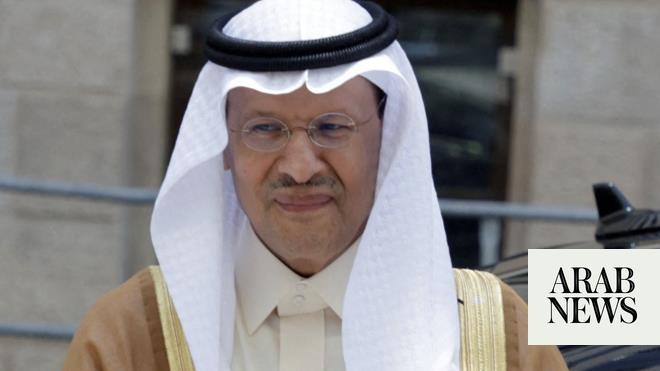
The Organization of the Petroleum Exporting Countries (OPEC) Secretary-General Haitham al-Ghais said on Tuesday that OPEC+ alliance took an unanimous decision to cut oil output as a pre-emptive measure to prevent a crisis.
Speaking at the African Energy Week in South Africa, al-Ghais said the heads of delegations unanimously decided to take a proactive stance to create stability in global markets.
He said if investments in oil were not met, there could eventually be a serious supply shortfall resulting in more heightened volatility.
The OPEC Secretary-General also stressed that Africas oil and natural gas reserves would be sought-after as energy demand was set to rise dramatically in the coming decades.
Earlier this month, the OPEC+ alliance of oil-exporting countries decided to cut oil production by 2 million barrels per day starting in November to balance between supply and demand. The US said it was disappointed by the decision.
However, Arab states and OPEC+ member states lined up to endorse the production cut in support of the Saudi vision to deal with the world oil markets.
Iraq, Kuwait, Bahrain, the Sultanate of Oman, Algeria, the UAE, Egypt, Morocco and Jordan expressed their support for the decision.
They issued separate statements confirming their support for the OPEC+ production cut and to Saudi Arabia’s vision in the oil markets.
UAE Energy minister Suhail al-Mazrouei said on Tuesday that his country believes OPEC+ made the correct technical choice when it agreed to cut production targets and the unanimous decision had nothing to do with politics.
“I would like to clarify that the latest OPEC+ decision, which was unanimously approved, was a pure technical decision, with no political intentions whatsoever,” the Minister said.
“We always meet and discuss the facts and how we can all contribute to taking the right measures to balance the supply and demand,” he stressed, adding that the decision is always taken unanimously and the same approach was taken in the last meeting.
During a conference before the start of Abu Dhabi International Petroleum Exhibition and Conference (ADIPEC) on Tuesday, Mazrouei said the decision stabilized prices, rather than increasing them, adding that it was the lack of stability that was driving investors away.
Asked if the UAE plans to ask for a higher baseline as it builds capacity, the minister said there is a mechanism for any country to raise that request.
Meanwhile, Kuwait said that the recent OPEC+ decision to cut oil output was taken collectively and based on economic studies of international oil markets, state news agency KUNA reported on Tuesday citing the foreign ministry.
For its part, the Jordanian Foreign Ministry said Amman supports all measures taken by Saudi Arabia to protect its security, stability and interests.
“This is a technical issue related to oil market stability and its requirements, regulating supply and demand and protecting the interests of both producers and consumers, that should be approached on technical basis within its economic context, away from political bickering that does not serve common goals and interests,” the ministry said in a statement.
Oil prices settled lower on Tuesday on fears of higher US supply combined with an economic slowdown and lower Chinese fuel demand ahead with its zero-Covid policy.
Brent crude futures were down $2.52, or 2.7 percent, at $89.14 a barrel by 15:30 GMT while US West Texas Intermediate crude futures fell $2.97, or 3.3 percent, to $82.55.
On Monday, Reuters said the Biden administration plans to sell more oil from the US Strategic Petroleum Reserve in a bid to dampen fuel prices before next months congressional elections, quoting three sources familiar with the matter.












